
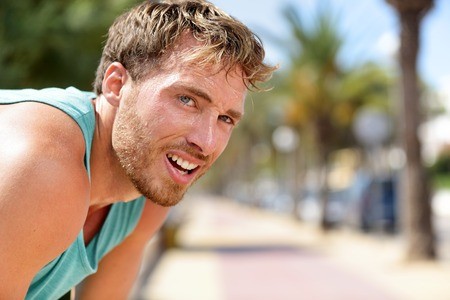
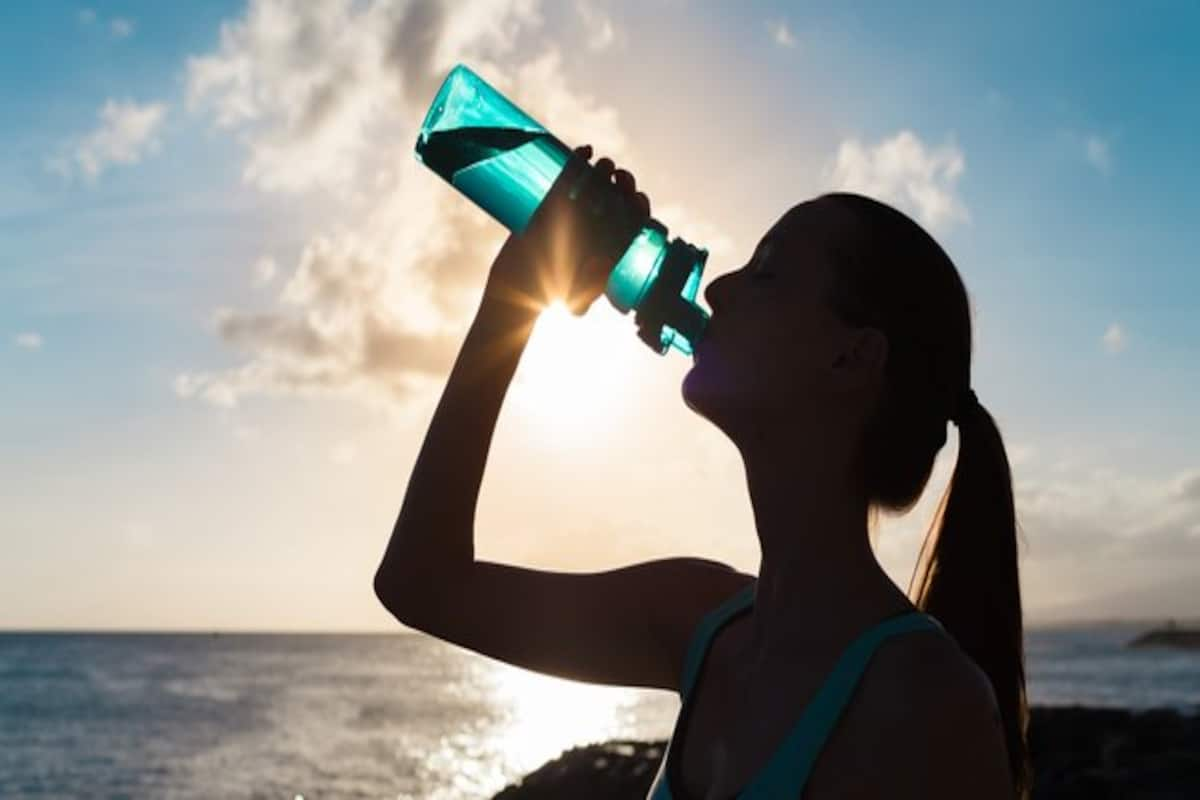
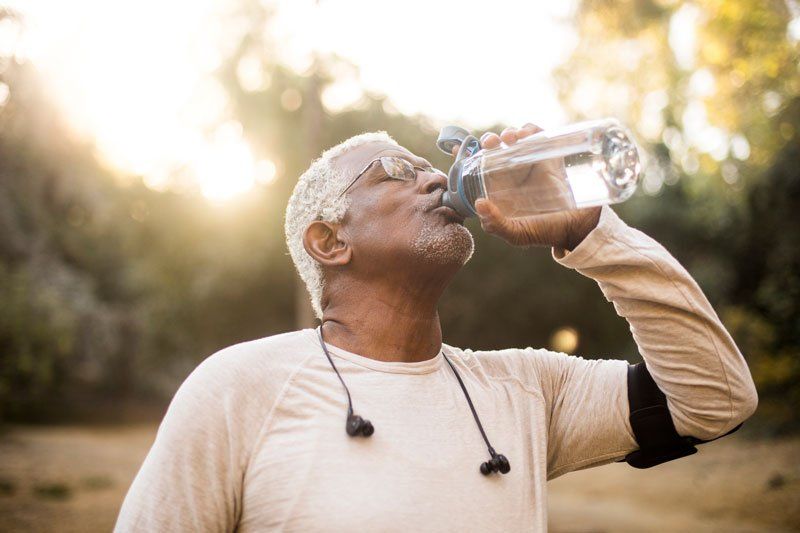
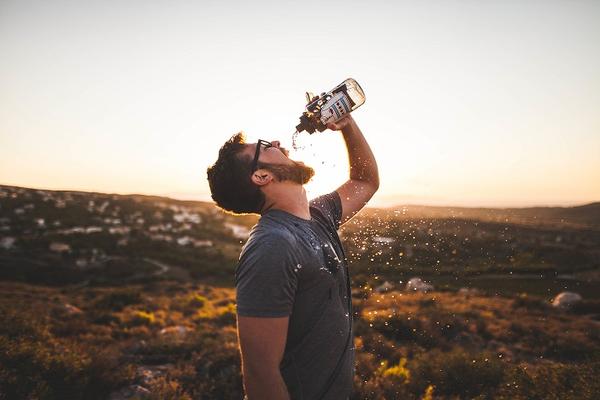
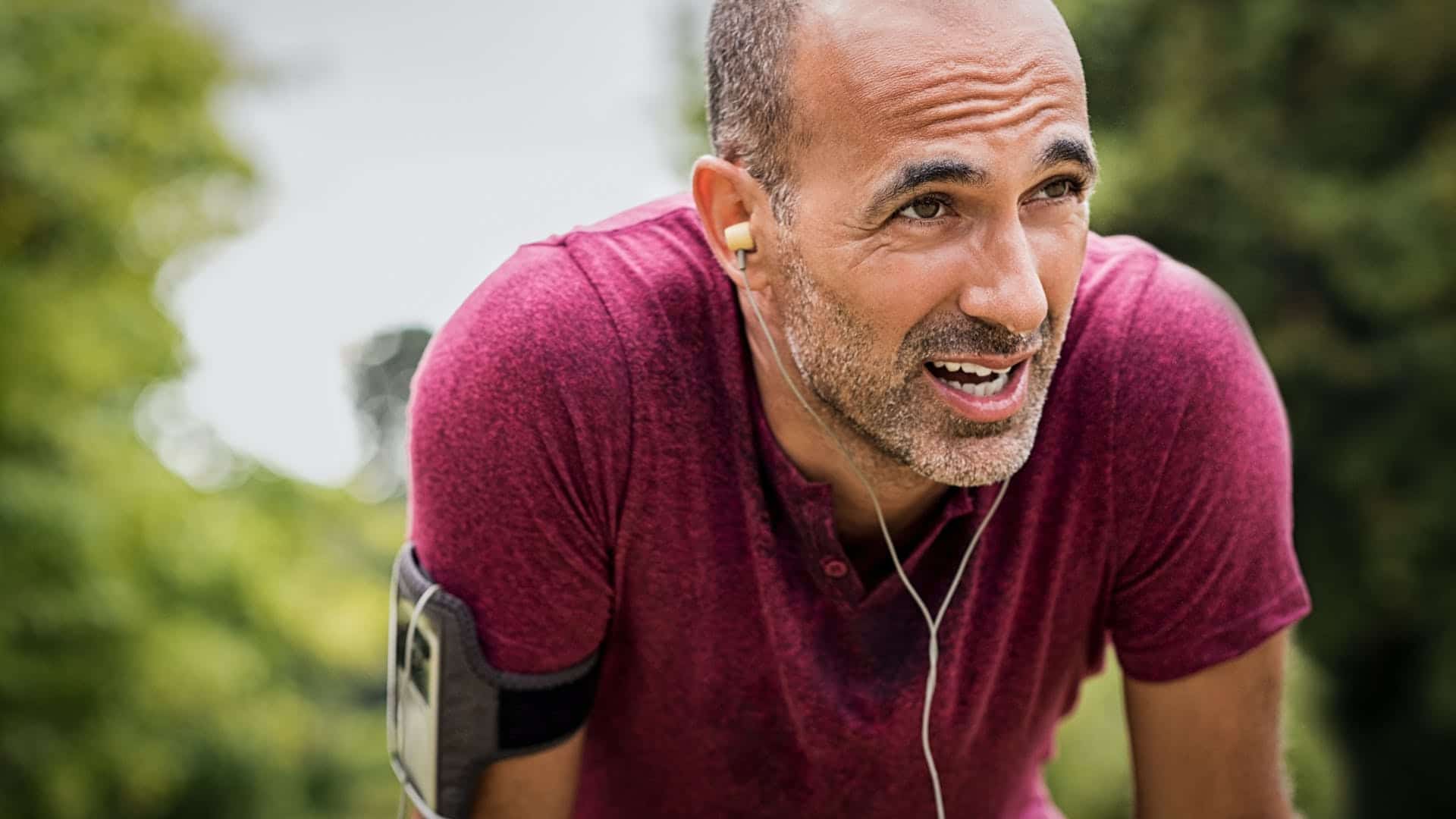
Hydration
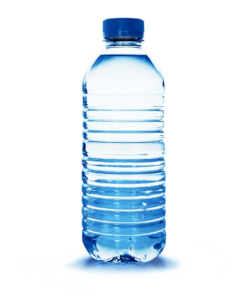
- Dehydration
The Hydration IV targets symptoms of dehydration with a sufficient supply of saline fluid in the amount of 500mL to 1L. This therapy can last up to 45 minutes.
Myer's Cocktail
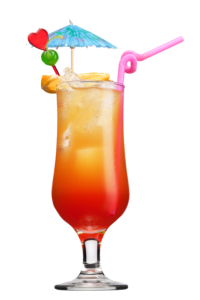
- Dehydration
- Restlessness
The Hydration IV targets symptoms of dehydration with a sufficient supply of saline fluid in the amount of 500mL to 1L combined with B complex, Vitamin C, Magnesium, and B12. This therapy can last up to 1 hour.
Superstar
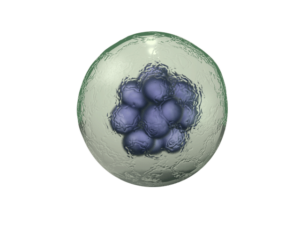
- Dehydration
- Fatigue
- Headache
- Weakness
- Muscle aches
- Stomach pain
- Joint pain
The Superstar IV targets symptoms of dehydration, headache, fatigue, muscle ache, stomach pain, joint pain, and weakness with a sufficient supply of saline fluid in the amount of 500mL to 1L combined with B complex, Vitamin C, Zinc, Magnesium, Glutathione, Taurine, B12, Zofran, Toradol, Pepcid, and/or Benadryl if requested. This therapy can last up to 45 minutes.
Ultimate Star
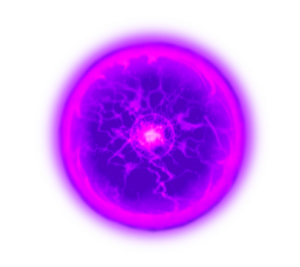
- Dehydration
- Fatigue
- Headache
- Weakness
- Muscle aches
- Stomach pain
- Joint pain
The Ultimate Star IV targets symptoms of dehydration, headache, fatigue, muscle ache, stomach pain, joint pain, and weakness with a sufficient supply of saline fluid in the amount of 500mL to 1L combined with B complex, Vitamin C, Zinc, Magnesium, Glutathione, Taurine, B12, Zofran, Toradol, Pepcid, and/or Benadryl in a MAX DOSE if requested. This therapy can last up to 1 hour.
Symptoms of Dehydration
- Dry or sticky mouth
- Not peeing very much
- Dark yellow pee
- Dry cool skin
- Headache
- Muscle cramps
Signs of Severe Dehydration
- Not peeing or having very dark yellow pee
- Very dry skin
- Feeling dizzy
- Rapid heartbeat
- Rapid breathing
- Sunken eyes
- Sleepiness
- lack of energy
- confusion or irritability
- Fainting
Who Is At Risk?
Anyone can get dehydrated, but the odds are higher for some people:
- Babies and young children are the most likely to have severe diarrhea and vomiting, and they lose the most water from a high fever. The youngest can’t tell you they’re thirsty or get their own drink.
- Older adults often don’t realize they’re thirsty. If they can’t get around very well anymore, they may not be able to get a drink easily or may not be able to take in enough fluids due to medical conditions.
- People who are ill with a cold or sore throat may not want to eat or drink.
- People with a chronic disease such as type 2 diabetes can pee a lot if the disease is uncontrolled. They also may take medicines such as water pills, which make them go more often.
- People who are active outside in hot and humid weather sometimes can’t cool down effectively because their sweat doesn’t evaporate. This can lead to a higher body temperatureand need for more water.
How To Book On Calendar
Book your request two ways
You can book your appointment directly on calendar (option 1) or submit a request form (option 2). You can use both options but only one is sufficient.
Select a service
Select a nurse in your area
Fill out the form with your contact information and address
We confirm your appointment via Square based on your schedule and the nurses availability
Patient(s) gives consent to the nurse to perform the IV therapy via JotForm
Relieve your symptoms and target your treatment objectives
Option 1: Book Directly On Calendar
Select any service if unsure, we can always edit your request later, the nurse comes fully equipped for any scenario. Your request on calendar will be pending until a nurse confirms. We will keep you updated via SMS on this process. After confirmation your nurse will reach out for introduction, consultation, and to provide an ETA. Reserve all medical questions for your nurse when paired. Please include any important medical history in notes section. Please be prepared to sign consent for IV therapy. If you apply on calendar you do not have to submit a request form. We will not charge your billing method until completion of therapy. A Same Day Service Fee ($35) is applied with every IV & IM therapy that is requested for same day. An After Hours Fee ($100) is applied to all requests after 5pm.
Option 2: Request An Appointment
After submission we will pair you with a nurse that’s available in your area. Your nurse will reach out for introduction and consultation. Reserve all medical questions for your nurse when paired. Please include any important medical history in notes section. Please be prepared to sign consent for IV therapy. If you apply on calendar you do not have to submit a request form. We will not charge your billing method until completion of therapy. A Same Day Service Fee ($35) is applied with every IV & IM therapy requested same day.

